
OR
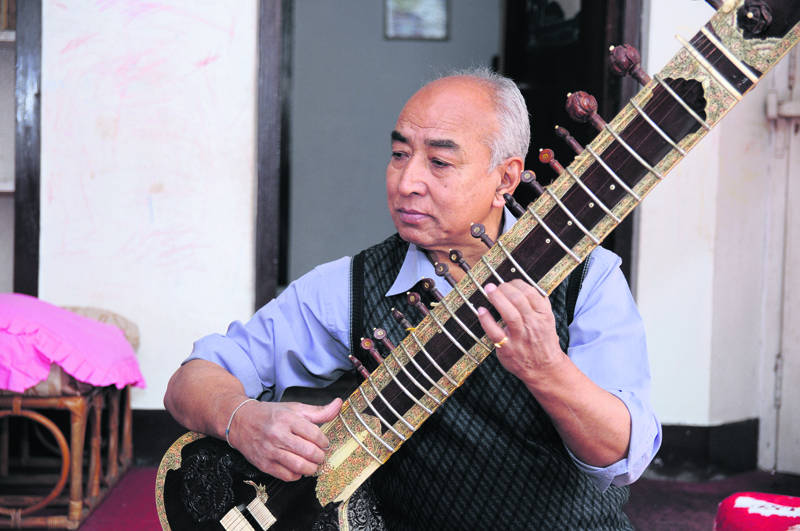
KATHMANDU, March 17: “Only a life lived with dignity is worth living” believes sitar maestro, Tara Bir Singh Tuladhar. He has been considered as individual Nepalis artist reference (Essential Scores and Sound Recordings) by the American Library Association.
Tuladhar has recorded several music albums, both solo and accompanied by other artists. Nepal Sitar, Sitar Kaasa, Symbol of Nepal and Festivals of Nepal are four of his most popular music albums. He also contributed to the multimedia music project ‘Playing for Change’, which was created by the American producer and sound engineer Mark Johnson.
He started his career in music at an early age of 18 and took up sitar at 20. Although being born and raised in a family with its roots in business, he decided to follow his passion and joined Nepal Sangeet Maha Vidhyalaya in 1961. Following the trend then, he took up harmonium classes but after a few months when his interest in it didn’t grow, he opted for Sitar with a firm hope of taking it further as a musical career. He formally started taking sitar lessons in 1963. With a lot of practice and hard work, he followed his passion though there were many hurdles in his path.
One of the biggest challenges that he faced was to convince his family of his career choice. They argued that it wouldn’t earn him a decent living and were quite upset about it but he persevered. He put in a lot of work to excel in playing sitar and for that was timely rewarded when he got a scholarship at the Baroda Institute through the Ministry of Education. At a time when nepotism was rampant, this was quite a feat
Later on, he got the opportunity to perform in national stages and at the Narayanhiti Royal Palace but despite being highly skilled, he couldn’t participate in international platforms. He dedicated his works in numerous musical theaters like Ram Bharat Milan, Satya Narayan, Bhrikuti, Yasodhara from 1968 – 1991 in Rastriya Nach Ghar. There were times when they did the recordings throughout the night without remuneration for their hard work. Such was the plight of artists at the time.
After a long struggle in the field of music, he first performed in the international stage in Pakistan in 1979. Working in collaboration with many other musicians, his musical works were highly appreciated by many which opened doors to many more international platforms. Much of his earnings from national as well as international shows went towards a fund he had separated for families of rural areas.
Tuladhar contributed all his life to music and motivated his younger sister and four children to play the sitar as well. With his initiation in 1974, his sister and four children earned a Master’s degree in sitar from Allahabad.
Recalling his early career and achievements he now feels proud of having lived a life of an artist as he always wanted to live a life with dignity no matter the challenges he had to face in almost every situation. Even during the transitional phase in the field of Nepali music, he stuck to his passion and braved the storms. In order to boost the music industry in Nepal, he believes the Government has an important role to play. It can give priority and facility to people with great musical skills. “And Nepal has yet many talented musicians who are worth investing in,” asserts Tuladhar.
For those who want to watch Tuladhar live in action, there’s good news. A grand cultural performance ‘Echoes in the Valley’ is scheduled for March 25 at Ason through Janabahal in Kathmandu. More than two hundred musicians will be performing in seven different stages at this event to reunite music lovers while trying to shed light on the importance of preserving and promoting Nepali classical and cultural music.

You May Like This
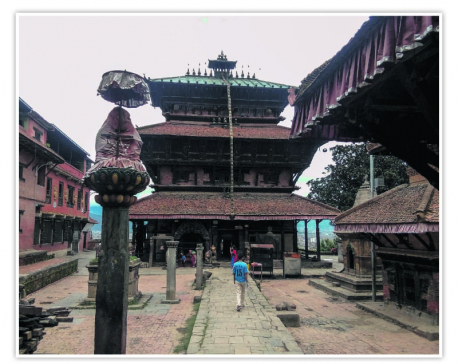
The Legend of Lord Bagh Bhairab
Every place has its own significance and if the settlement is old, it definitely holds some historical and cultural significance.... Read More...

Rock legend Leon Russell passes away
Leon Russell, who performed, sang and produced some of rock ‘n’ roll’s top records, has died. He was 74. Russell’s... Read More...
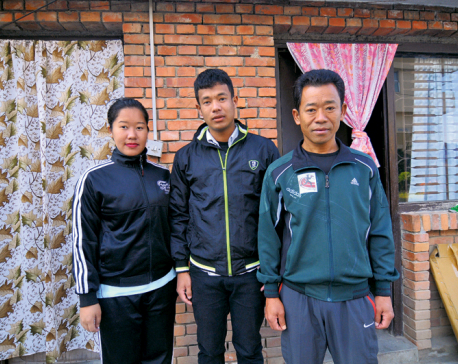
Squash legend Hira retires, but not tired
KATHMANDU, Oct 27: Hira Bahadur Thapa was playing squash with a group a players belonging to the British Gurkha Brigade on... Read More...


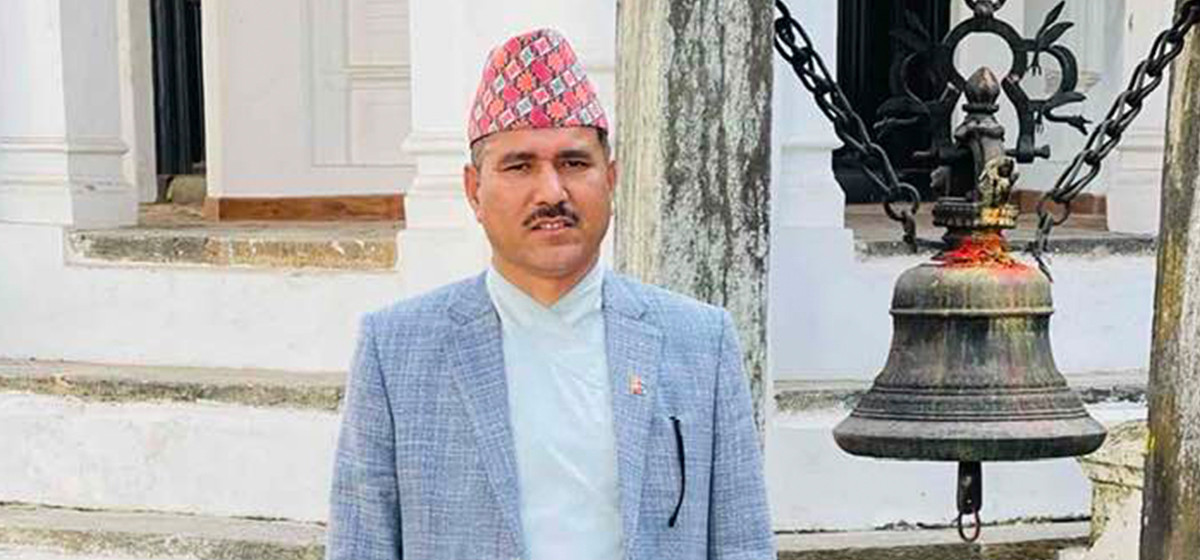
Just In
- Rising food prices cause business slowdown
- Madhesh Province Assembly meeting postponed after Janamat’s obstruction
- Relatives of a patient who died at Karnali Provincial Hospital 6 days ago refuse body, demand action against doctor
- Khatiwada appointed as vice chairman of Gandaki Province Policy and Planning Commission
- China's economy grew 5.3% in first quarter, beating expectations
- Nepal-Bangladesh foreign office consultations taking place tomorrow
- Kathmandu once again ranked as world’s second most-polluted city
- PHC endorses Raya as Auditor General



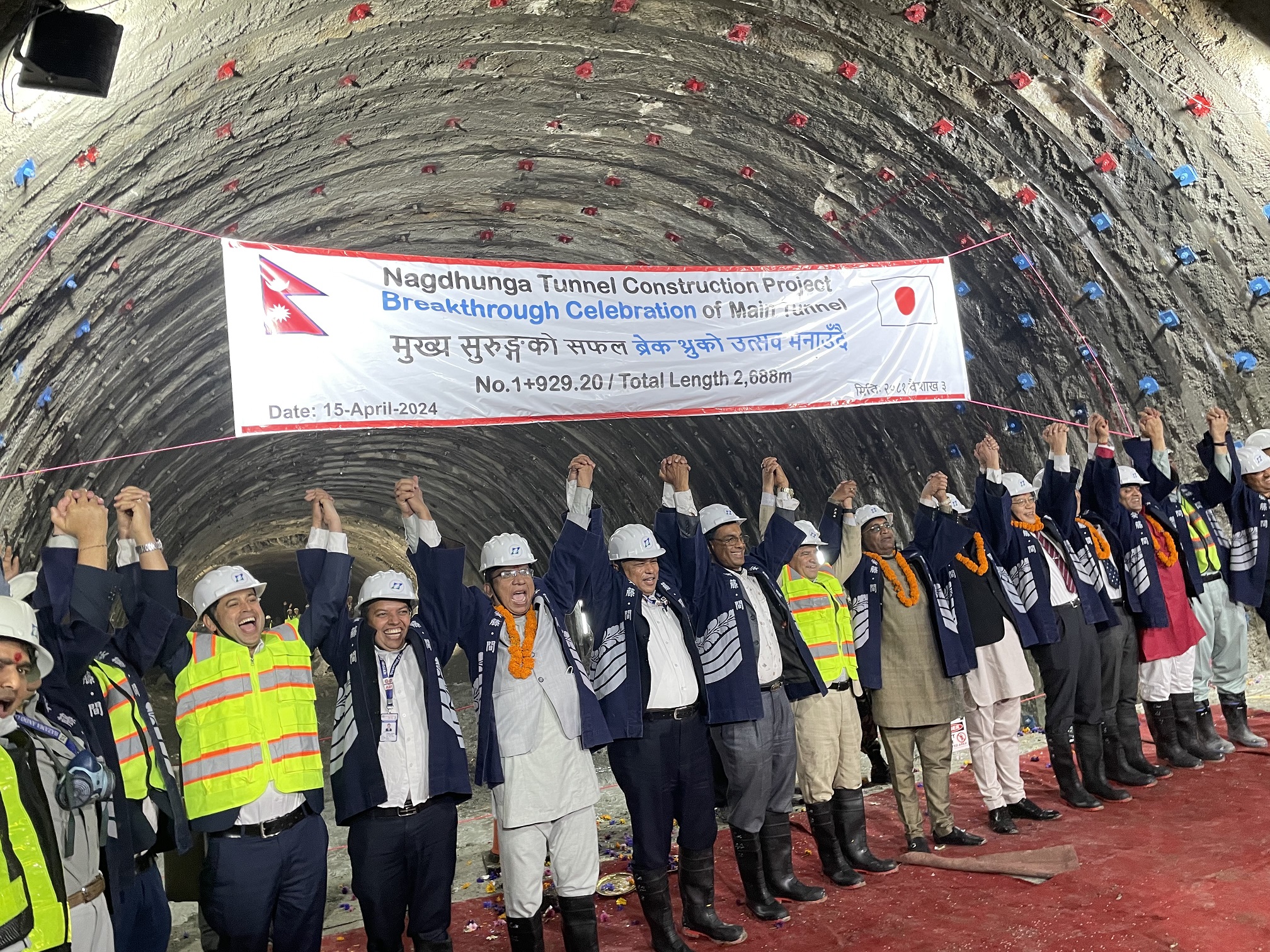



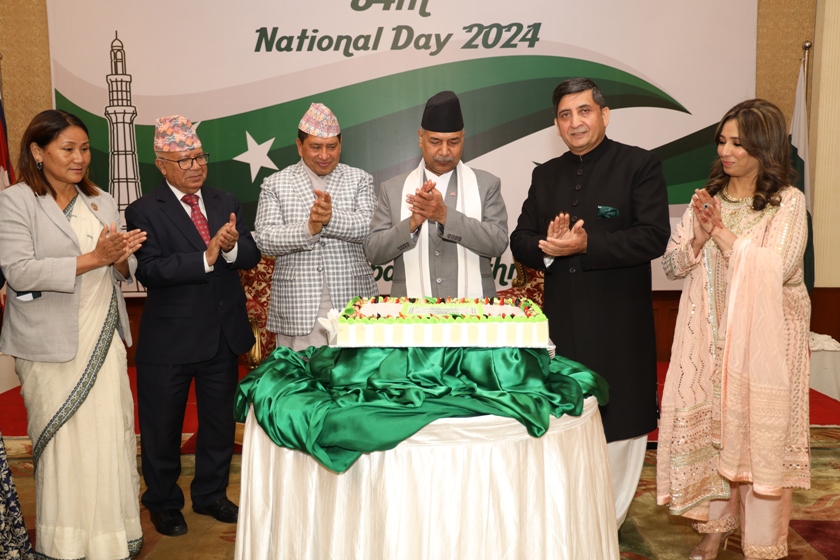

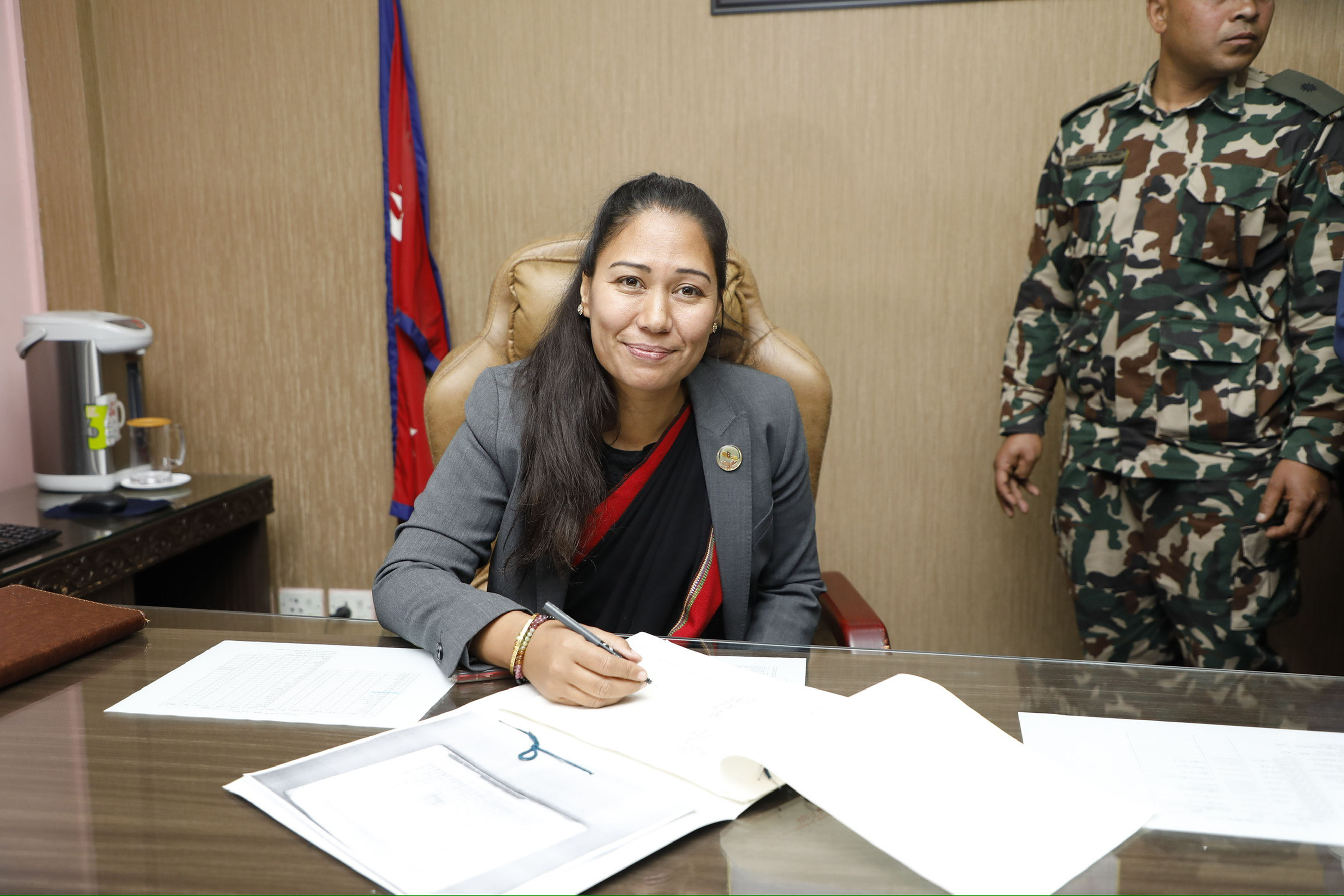
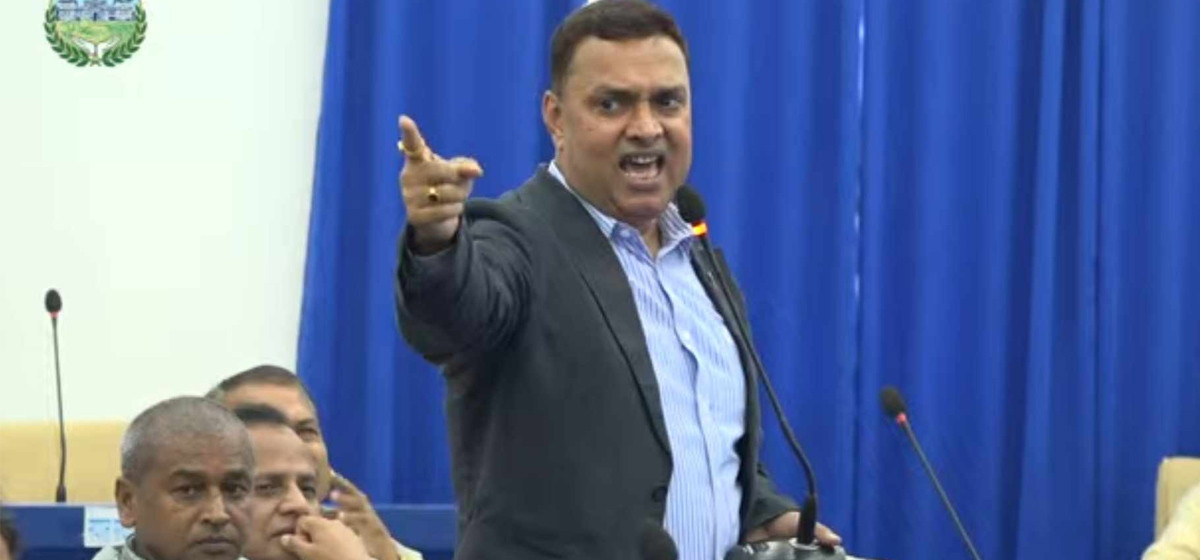

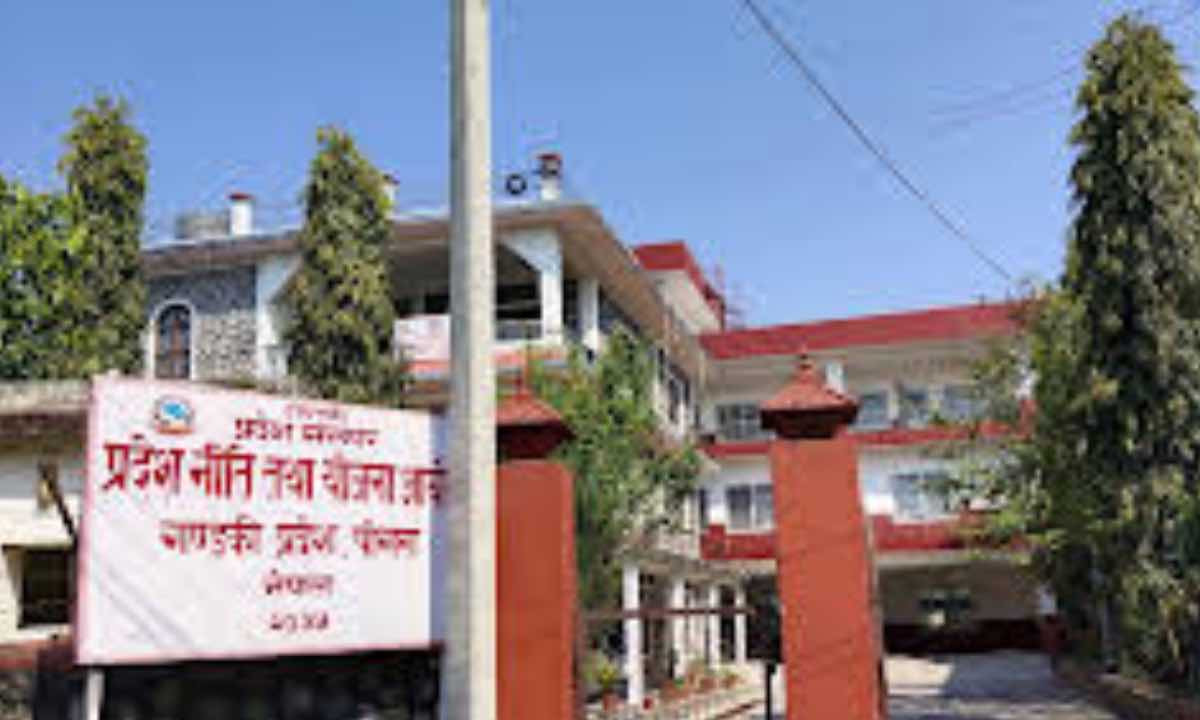



Leave A Comment